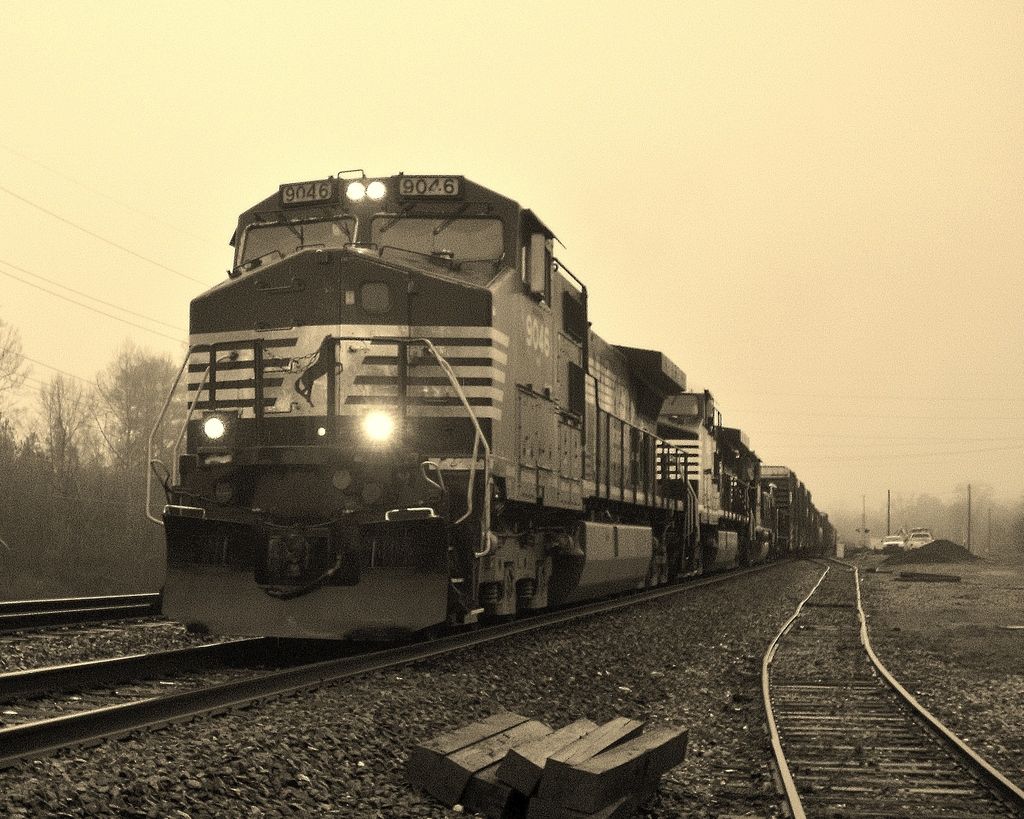Economic Boom in Thuringia's Industrial Sector: More Revenue, but Not Necessarily Profit
Thuringian Industry Realizes Significant Revenue Boost Worth 428 Million Euros - Thuringian Industry Records a Significant EUR 428 Million Boost in Revenue
Thuringia's industrial juggernauts clocked a whopping 428 million euros revenue surge in the initial four months of the year. With a total of 12.7 billion euros, the earnings surpassed the previous year's period by 3.5 percent, as per the State Office for Statistics in Erfurt. However, this financial feat doesn't necessarily translate to a rosy economic climate according to Christoph Adler, an expert from the Industry and Commerce Chamber (IHK) Ostthuringia. The increased revenue doesn't necessarily equate to higher profits or a better business situation, Adler points out.
Mixed Emotions Despite Upward Trend
The latest survey of IHK Ostthuringia's member companies painted a bleak profit picture. More than half of the respondents reported a decline in their profit situation, with only 15 percent expecting revenue growth. The culprits? Intense competition, high costs, and bureaucracy.
Although the state office's numbers report a stronger growth in exports (+4.2 percent) over domestic turnover (+3.1 percent), it might just be a timing effect, as US customers are stocking up ahead of the import tariffs proposed by US President Donald Trump, as claimed by IHK expert Adler.
Industrial Powerhouses Struggle to Stay Afloat
Machine construction and automotive suppliers have suffered significant losses. The "manufacture of electrical equipment" saw a staggering 83.3 percent surge, thanks to the investment in battery production in Thuringia, such as the Chinese company CATL setting up its first European battery cell factory in Arnstadt at the start of 2023. Second on the list is the "repair and installation of machines," which has seen a notable boost with the aviation service provider N3's increased utilization at its aircraft engine maintenance facility in Arnstadt.
On the flip side, machine construction and the manufacture of motor vehicles and their parts have experienced a 22.9 percent and 12.2 percent drop respectively. The number of jobs continues to dwindle, with a loss of 3,015 or 2.1 percent workers from last year, leaving 140,843 employees. The number of companies also declined by 21, dropping to 778.
The economic situation in Thuringia's industrial sector is somewhat paradoxical - a blend of success and struggle across various sectors like machine construction and automotive suppliers.
- Revenue
- IHK
- Economic situation
- Thuringia
- Revenue increase
- Arnstadt
- Machine construction
[1] Thuringia's strategic location and proximity to major German and European automakers have strengthened the region's automotive supplier sector. A mix of nimble mid-sized firms, larger corporations, and a broad range of technological competencies accentuate regional growth. (Source: IHS Markit)
[2] 2025's first-quarter economic rebound was partly due to improved order situations and strong export demand, contributing to the increase in industrial output. (Source: German Federal Statistical Office)
[3] Despite the broader German economy's contraction and a short-term economic stagnation, moderate rises in unemployment are expected in the near future. (Source: Deutsche Bank Research)
[4] High energy costs and competition from foreign suppliers led to a record number of company closures in 2024 - the highest since 2011 - affecting industrial firms disproportionally. (Source: German Association of Chambers of Industry and Commerce)
[5] Both the automotive sector, represented by firms like MDC Power (a Mercedes-Benz subsidiary), and key players in automotive components and machine construction in Thuringia have managed to maintain relative strength, owing to close ties to major car manufacturers and technological expertise. (Source: Automobilwoche)
- The increased revenue in Thuringia's industrial sector, as shown by the State Office for Statistics, may be due in part to the region's strategic location near major automakers, as noted by IHS Markit.
- The employment policy in Thuringia should consider the challenges faced by its industrial sector, such as high energy costs and competition from foreign suppliers, as reported by the German Association of Chambers of Industry and Commerce.




